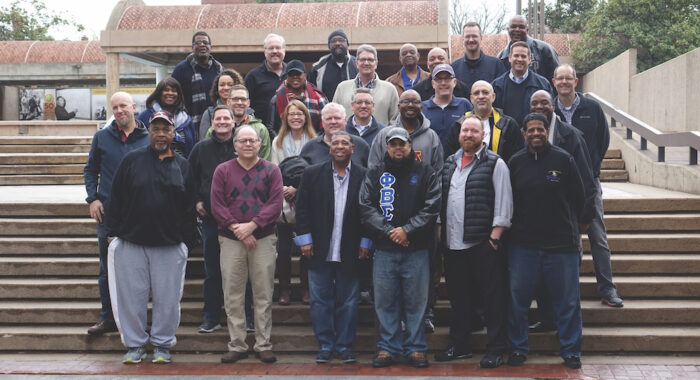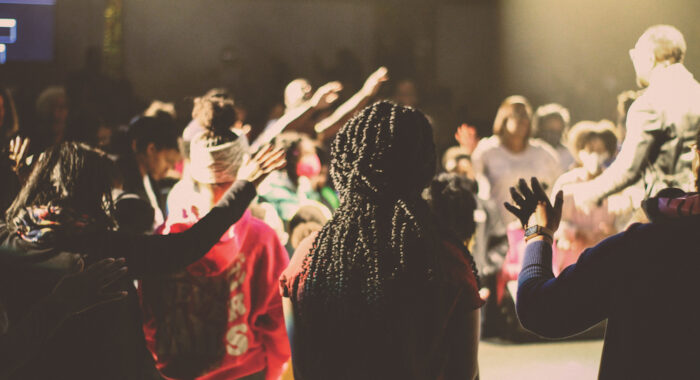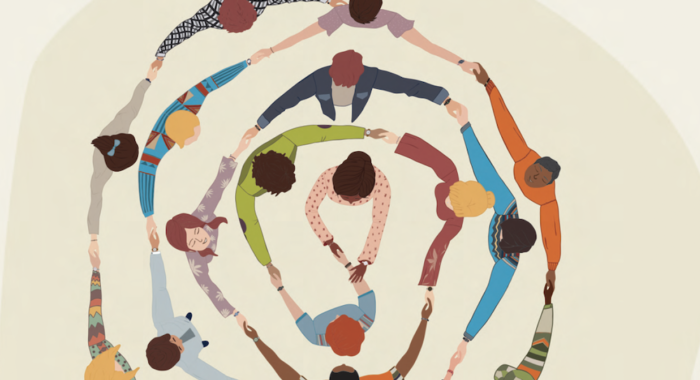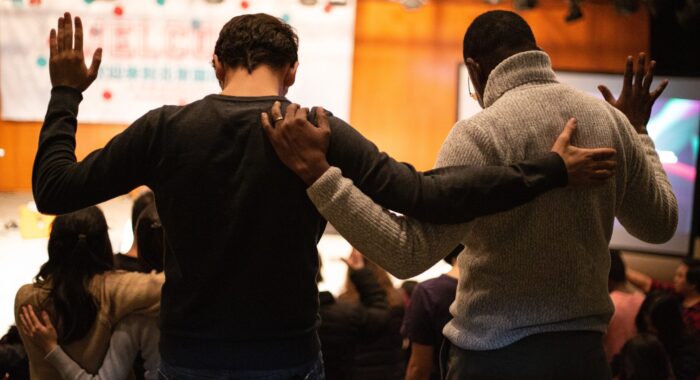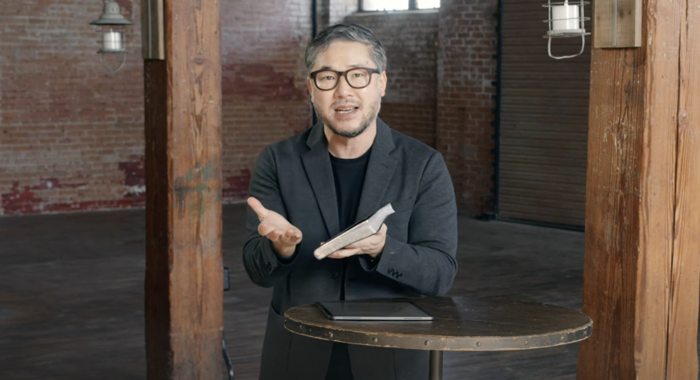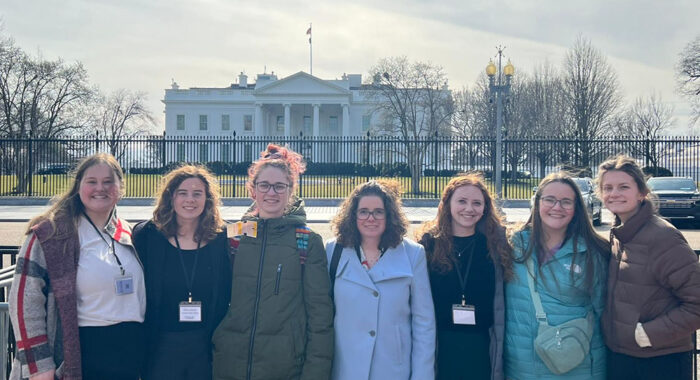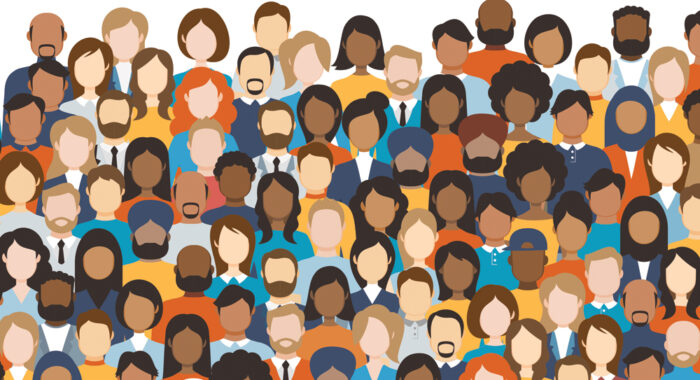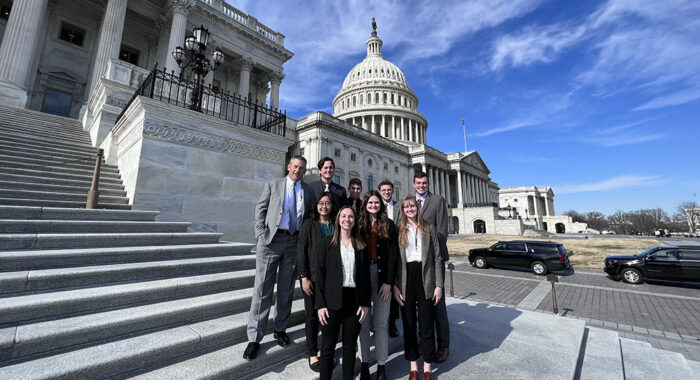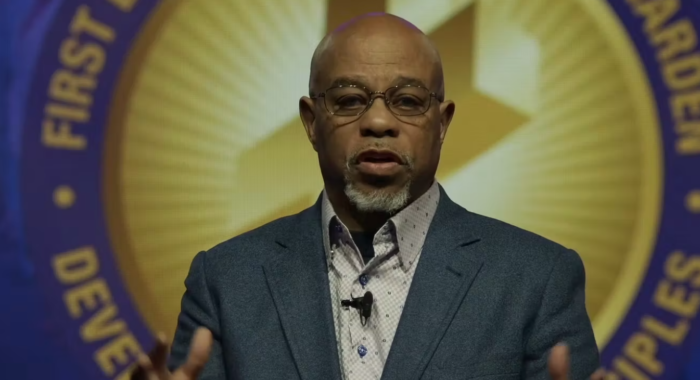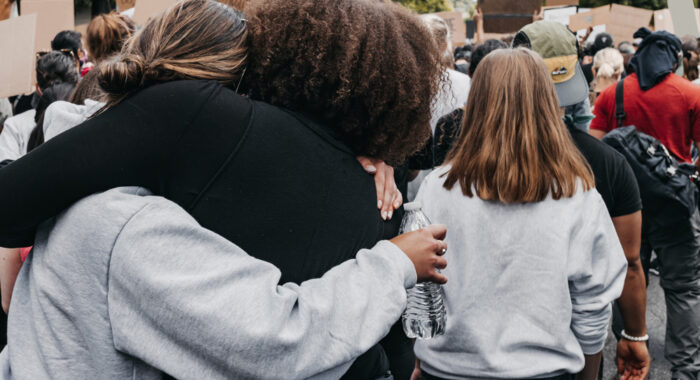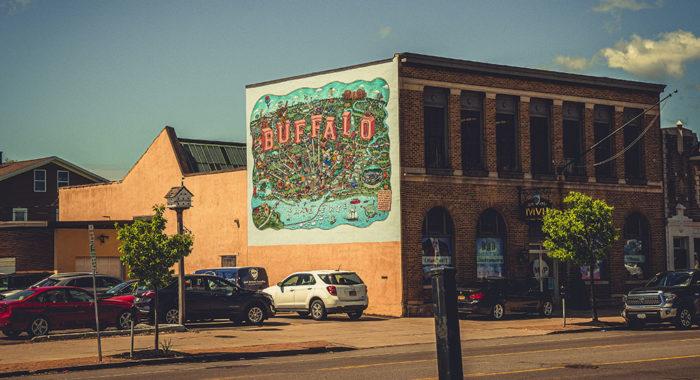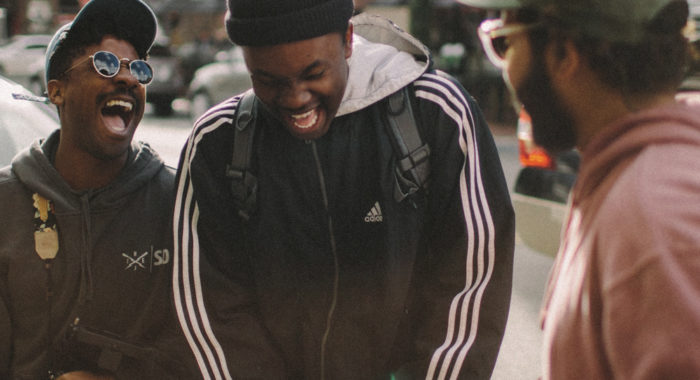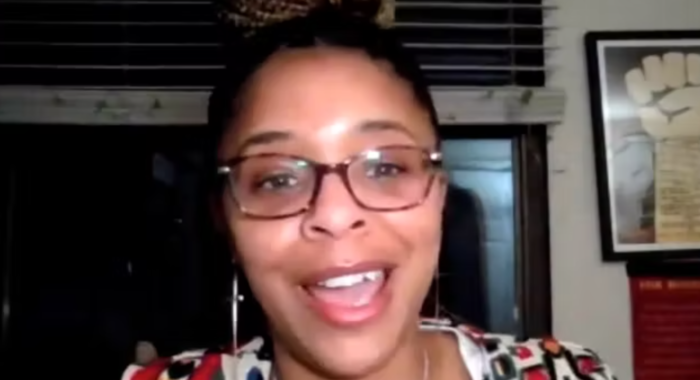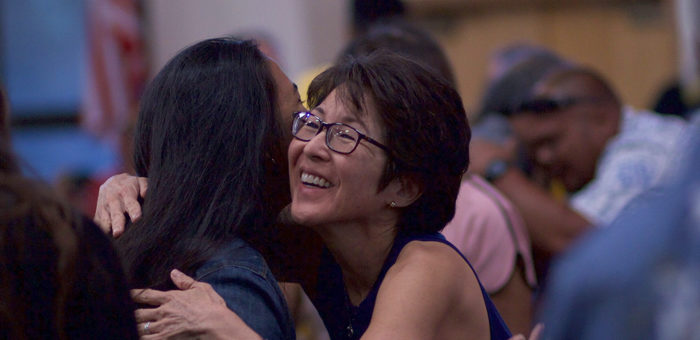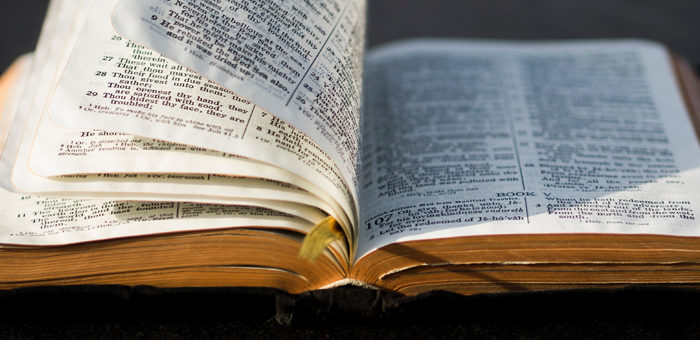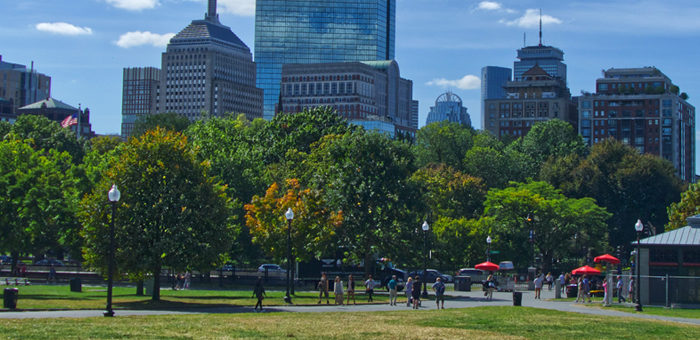Joshua is one of the leading voices on community partnerships, religion in the public square and issues impacting African American men. He led the White House Office of Faith-based and Neighborhood Partnerships in President Barack Obama’s first term and was called the president’s “Pastor-in-Chief” by TIME magazine.
Joshua now leads a consulting firm, Values Partnerships, which creates community and faith-based partnerships for the public, private and nonprofit sectors. He is a frequent media commentator and has authored four cover stories for Newsweek magazine. A former associate pastor at a small Pentecostal church in Cambridge, Massachusetts, Joshua originally hails from Nashville, Tennessee. He currently lives in Washington, D.C., with his wife, Michelle, and son, August.
Why do many white and black evangelicals vote so differently from each other?
There are no perfect categories. There are black evangelical conservatives and white evangelical progressives, and many in between. But on the whole, I think differences in voting patterns are more matters of priority than theological distinction.
A disproportionate number of black folks face a specific set of challenges that impact their everyday lives and that don’t affect white folks to the same degree — from higher rates of police violence to greater challenges when voting, from greater economic inequality to fewer adequate schools. Therefore, many African Americans vote for the party and platform that tends to speak, even imperfectly, to these issues.
On the other hand, many white evangelicals prioritize important matters of personal morality and economic freedom over the concerns listed above. If you had a conversation with a white evangelical and a black evangelical, they might agree that all these things are important issues to consider when voting, but if they had to prioritize these issues, the order of issues on each list might look different.
What public policy issues are most important to African Americans?
If you asked 10 African Americans what policy issues are most important, you might get seven to nine different answers — and this would be the case with our Caucasian brothers and sisters too! The black community in America is beautiful and thriving and diverse — and by no means is a monolith.
That said, some challenges are particularly acute in the African American community. Namely:
- African Americans are incarcerated at much higher rates and for longer sentences for the exact same crimes that Caucasians commit. That creates an “underclass” of individuals with criminal records who then have a very difficult time finding a job and supporting their families. Some of these crimes are minor offenses — including using marijuana — that would be better handled outside of the judicial system.
- Several states are creating new laws that are rolling back parts of the 1965 Voting Rights
Act and making it more difficult for black people to vote. One example documented in
TheNation.com explains why it took an 85-year-old black woman two years, four trips
to DMV, two trips to South Carolina, and $86 to get be able to vote in North Carolina.
- The legacy of racism and bias continues to affect the hiring process. Black people get fewer callbacks for jobs, take longer to secure employment, and struggle to support their families.
What issues have the most fertile ground for collaboration among black and white evangelicals?
I am excited about partnerships between white and black evangelicals on criminal justice reform. As Christians, we know that we are all guilty in our sins — saved only by the unmerited grace of Jesus’ sacrifice on the cross. We know everyone deserves a second chance, and thus the criminal justice system should be fair. More and more white Christians are speaking up for legislation, like The Safe Act, that would remedy inequities in our justice system.
I also am excited about the work of some predominately white evangelical churches to partner with struggling public schools. I also think there are opportunities for new economic collaborations between white and black evangelicals. Having more internships, jobs, mentorship, investment and financial planning advice flow from those who have these resources and understanding to those who need them would be a very good thing.
The 114th Congress is the most diverse in our nation’s history, yet racial and ethnic minorities are still underrepresented. Should Christians be concerned?
Yes, I think Christians should be concerned by a lack of diversity in Congress, because it means that all views are not represented equally. We miss out as a community when not everyone’s voice is heard.
Should voters take race and ethnicity into account as they make their voting decisions?
I think voters should consider candidates who align with their values, and I think those values should include diversity and reconciliation in addition to some of the other issues previously mentioned. But should race or ethnicity be the sole factor in determining a candidate to support? Absolutely not — in either direction.
How should race and ethnicity be considered, if at all, in redistricting decisions?
I am concerned by efforts in some states to either centralize African American votes in as few districts as possible, or to break up those votes into multiple districts so that the impact of the black vote is diluted. Generally, I don’t think politicians of either party should be in charge of shaping congressional districts; the incentives for foul play are just too great. Let’s make redistricting in every state a nonpartisan exercise.
This article originally appeared in Evangelicals magazine.
Joshua DuBois is president of Values Partnerships and author of The President’s Devotional. He is one of the leading voices on community partnerships, religion in the public square and issues impacting African American men. DuBois led the White House Office of Faith-based and Neighborhood Partnerships in President Obama’s first term. DuBois currently teaches at Princeton University and is the religion and values columnist for The Daily Beast. He received his master’s degree in public affairs from Princeton University’s Woodrow Wilson School and his bachelor’s degree from Boston University.




 View All Articles
View All Articles 



